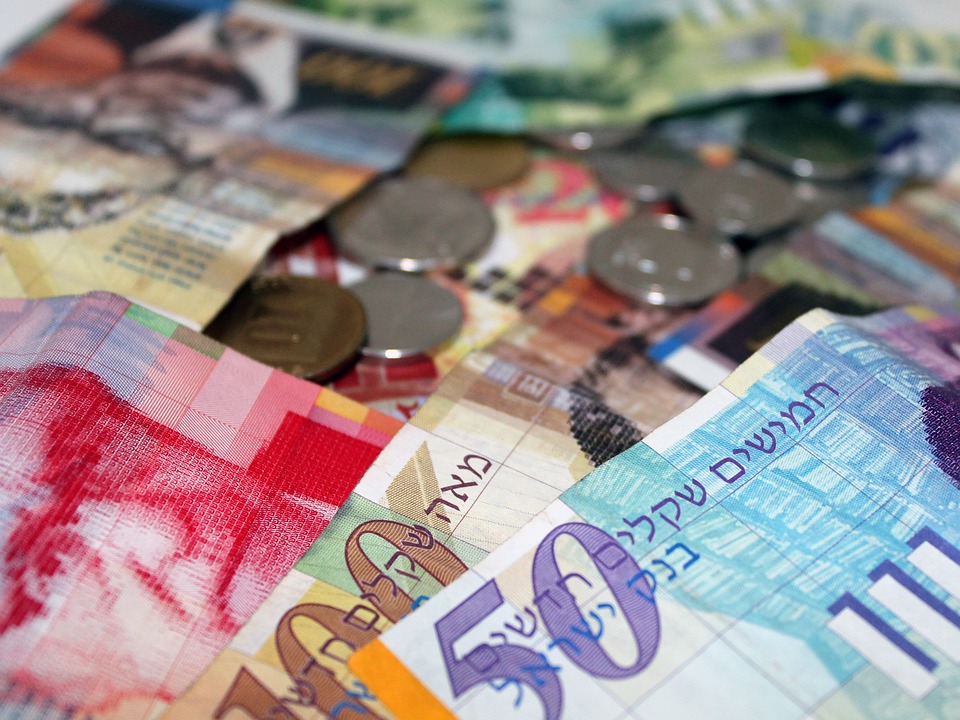The Cultural Significance of Kuila ni Viti in Fijian Society

The Cultural Significance of Kuila ni Viti in Fijian Society
Introduction
Fiji, located in the heart of the South Pacific, is a nation with a rich and diverse cultural heritage. One of the most significant aspects of Fijian culture is the practice of Kuila ni Viti, which translates to “Fijian tattooing” in English. This ancient art form has deep cultural significance in Fijian society and plays a crucial role in preserving the country’s cultural identity.
History of Kuila ni Viti
Kuila ni Viti has been a part of Fijian culture for centuries, with evidence of tattooing dating back to ancient times. Traditionally, tattooing was not only a form of body decoration but also served as a symbol of status, rank, and lineage in Fijian society. Different clans and tribes had unique tattoo designs that distinguished them from one another and represented their cultural heritage.
Tattooing was also a rite of passage for young Fijian men and women, marking their transition into adulthood. The tattoo designs were often intricate and symbolized important aspects of Fijian culture, such as the connection to nature, spiritual beliefs, and family ties. The process of tattooing was a sacred and ceremonial practice that involved the use of traditional tools and techniques passed down through generations.
Symbolism and Meanings of Kuila ni Viti
Kuila ni Viti is more than just a form of body art; it carries deep cultural meanings and symbolism for the Fijian people. Each tattoo design has its unique significance and represents different aspects of Fijian culture. For example, patterns of waves and fish scales symbolize the connection to the ocean and the importance of fishing in Fijian society. Designs of birds and plants represent the harmony between humans and nature, while geometric patterns signify strength and resilience.
Tattoos were also used to convey social status and identity within Fijian society. High-ranking individuals, such as chiefs and warriors, would often have elaborate tattoos that set them apart from the rest of the community. These tattoos were seen as a sign of authority and respect among the Fijian people.
In addition to their symbolic meanings, tattoos were also believed to have spiritual significance in Fijian culture. It was believed that tattoos could protect individuals from harm and bring blessings from the gods. The act of tattooing was seen as a sacred ritual that connected the individual to their ancestors and the spiritual world.
Revival of Kuila ni Viti
In recent years, there has been a renewed interest in Kuila ni Viti among the Fijian people. The practice of traditional tattooing had declined over the years due to the influence of Western cultures and the misconception that tattoos were associated with criminality. However, there has been a resurgence in interest in preserving this cultural tradition and reviving the art of Fijian tattooing.
Many young Fijians are now embracing their cultural heritage and getting traditional tattoos to connect with their roots. Some Fijian tattoo artists have also been trained in traditional tattooing techniques and are working to revive this ancient art form. The revival of Kuila ni Viti has become a way for the Fijian people to reclaim their cultural identity and celebrate their unique heritage.
Impact of Kuila ni Viti on Fijian Society
The practice of Kuila ni Viti has had a profound impact on Fijian society, shaping the cultural identity of the nation and preserving its rich heritage. Traditional tattoos serve as a visual reminder of the traditions, beliefs, and values that have been passed down through generations. They are a symbol of pride and respect for the Fijian people and represent their connection to their ancestors and the land.
Moreover, Kuila ni Viti has played a significant role in promoting cultural diversity and unity within Fijian society. The practice of traditional tattooing has brought people together from different clans and tribes, fostering a sense of community and solidarity. It has become a way for the Fijian people to celebrate their shared heritage and appreciate the cultural diversity that makes their nation unique.
In conclusion, Kuila ni Viti is a vital element of Fijian culture that holds deep cultural significance for the people of Fiji. The practice of traditional tattooing has played a crucial role in preserving the country’s cultural heritage, promoting unity and diversity, and connecting the Fijian people to their roots. As the Fijian people continue to embrace their cultural identity and revive the art of tattooing, Kuila ni Viti will remain an essential part of Fijian society for generations to come.